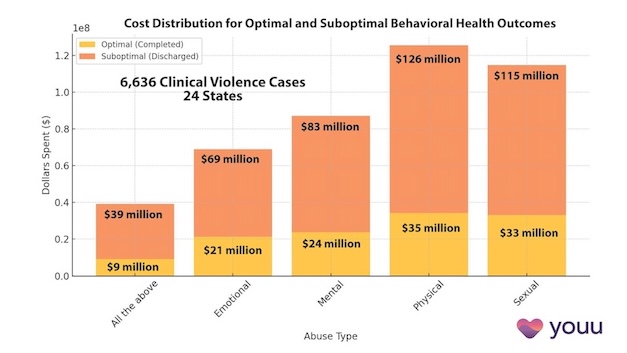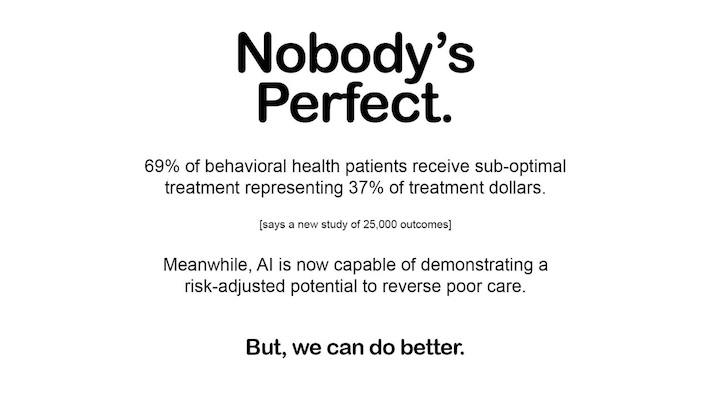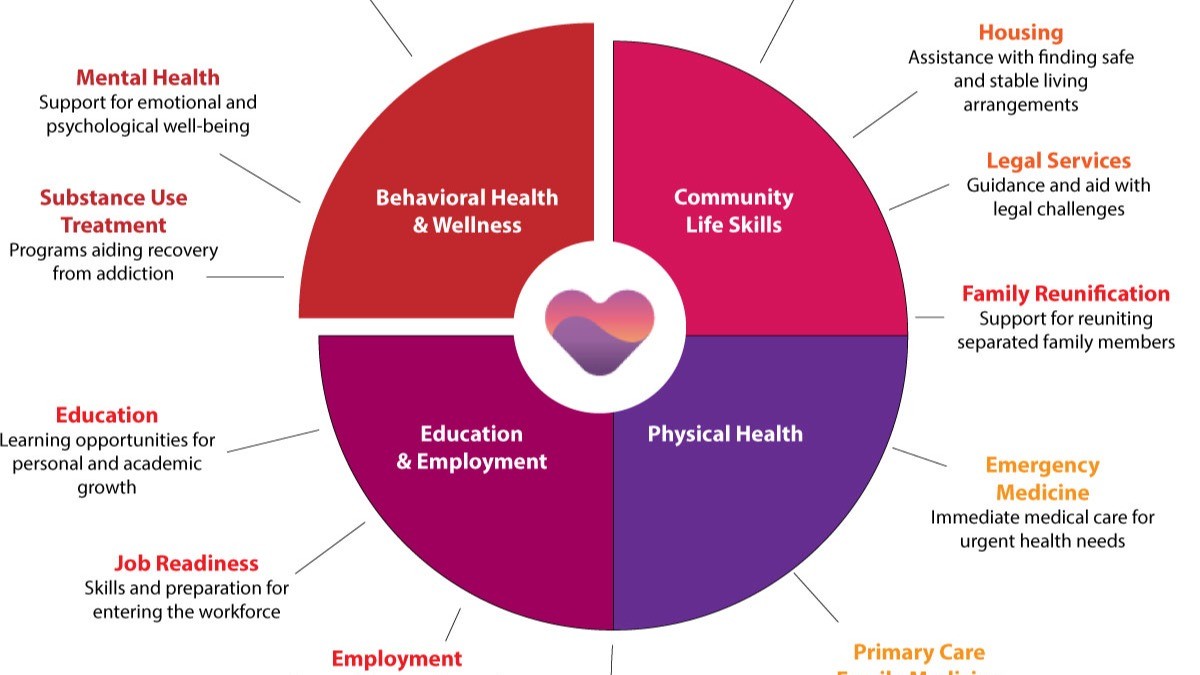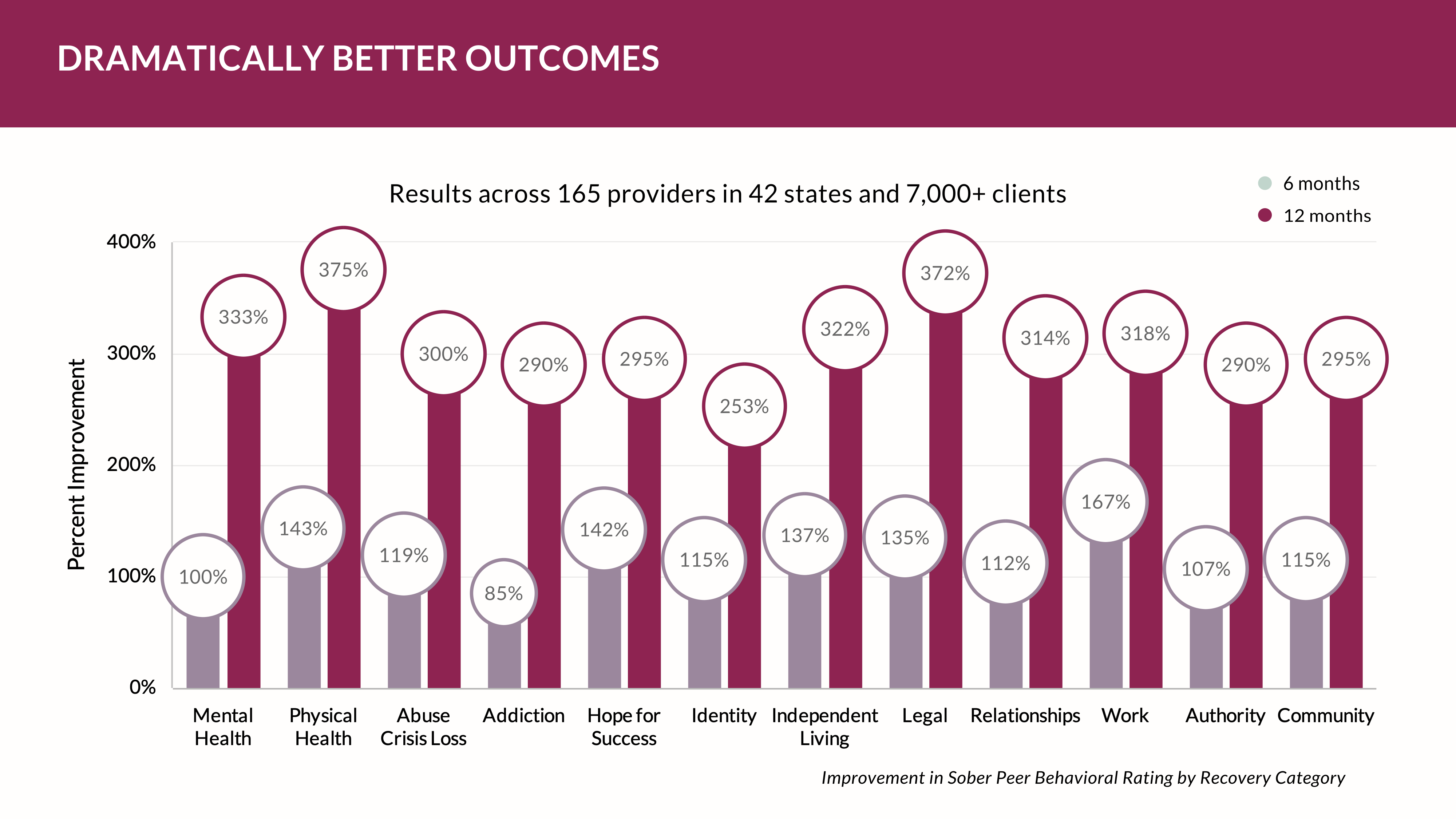Published Date:
Oct 3, 2024
Exclusive
Mental Health
Addiction
Drugs
Scaling a Mental Health Practice: A Guide for Executives
Managing Growth with Efficiency and Care
Mental health demand is about to double. At the same time, practice executives face the challenge of growing their business while maintaining high-quality patient care. The most successful practice managers are clearly focused on the “Big 3 business strategies; leveraging technology, optimizing provider utilization, and expanding service offerings to scale efficiently and meet the needs of their communities.
Scaling a mental health practice is a significant challenge, especially with tight margins and intense pressure to serve patients. Practice executives are struggling to adopt strategic approaches that focus on efficiency and sustainability. Here are some the common strategies for managing scaled growth:
Leverage Technology for Administrative Efficiency
Scaling a mental health practice is administrative burden. We’re going to have to invest in practice management software allowing executives to streamline operations. The lowest hanging fruit to improve the practice is scheduling, billing, and patient communications. Digital tools that support electronic health records (EHR) integration with clinical workflows allow for reduced paperwork and better focus on patient care. According to industry reports, integrating digital systems can lead to substantial improvements in operational efficiency.
Improve Provider Utilization
Staffing costs are often the largest expense for mental health practices, making it critical to maximize provider efficiency. Executives should focus on creating a model that allows providers to spend more time on patient care rather than administrative tasks. This can be achieved through delegation of non-clinical tasks, such as intake or follow-up, to support staff or digital platforms. It also involves scheduling optimization to ensure each provider is fully booked without experiencing burnout, a growing issue in high-demand environments.
Expand Service Offerings
Scaling doesn’t just mean adding more staff or increasing hours—it can also mean expanding the range of services. Offering group therapy sessions, telehealth, and preventive care solutions can increase a practice's capacity without proportional increases in costs. For example, telehealth services allow for flexibility in scheduling and can significantly reduce overhead costs like office space while providing patients with more accessible care options.
Data-Driven Decision Making
Executives should leverage data analytics to identify the most profitable services, busiest times, and patient demographics that generate the highest demand. Tracking key performance indicators (KPIs) like patient retention, referral rates, and appointment cancellations can help practices make informed decisions about where to allocate resources. In many cases, understanding patient flow and using predictive analytics can smooth out bottlenecks that limit scalability.
Foster Partnerships with Community and Health Networks
Building relationships with local healthcare systems, insurance providers, and community organizations can help practices tap into existing networks of patients and providers. These partnerships allow mental health practices to become part of a larger healthcare ecosystem, which can lead to more referrals, lower patient acquisition costs, and shared resources. Expanding relationships with behavioral health networks can also enhance service delivery and improve financial performance.
Adopt Flexible Care Models
A scalable mental health practice can benefit from adopting flexible care models such as integrated care, which brings mental health and primary care services under one roof. These models enhance patient care coordination, which leads to better health outcomes and higher patient satisfaction. Flexible models are especially important when serving a diverse clientele with varying needs.
Conclusion
Scaling a mental health practice requires focus. It’s not a part-time effort. A holistic approach to managing both patient care and business operations needs investment in technology, maximizing provider efficiency, expanding service offerings, and leveraging partnerships. Practice executives can meet growing demand while maintaining sustainable, high-quality care. As mental health continues to be a critical area of healthcare, finding the right balance between growth and efficiency is essential for long-term success.
Other Blogs
The Plan No One Sees Coming—But Soon Will
Exclusive
Mental Health
Addiction
Drugs

Ant Pheromone Study May Improve Mental Health Outcomes
Exclusive
Mental Health
Addiction
Drugs

Interrupting Violence Should Be Irresistibly Investable
Exclusive
Mental Health
Addiction
Drugs

69% of Behavioral Health Patients Receive Sub-Optimal Care According to a New Analysis
Exclusive
Mental Health
Addiction
Drugs
Other Blogs
Have Questions? Lets Meet
Select a time you like to meet with us































